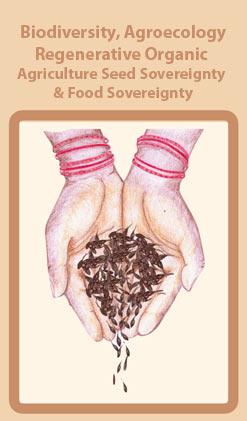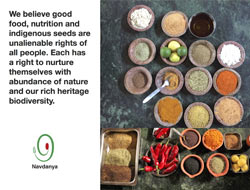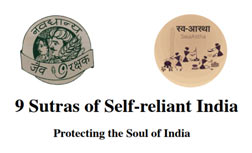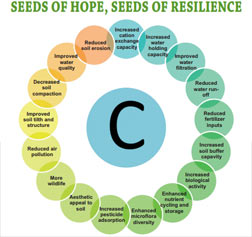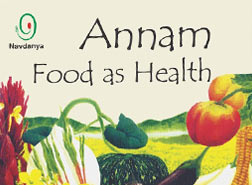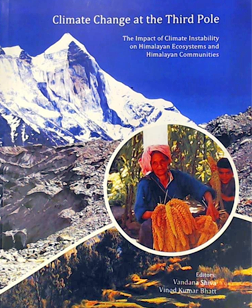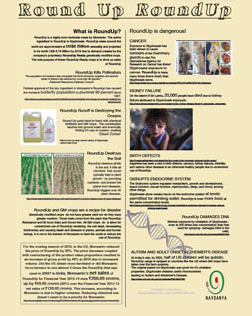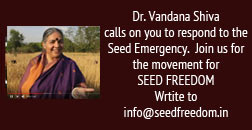GMO Declaration
Joint Declaration of the "International Commission on the Future of Food and Agriculture" and the "European Network of GMO Free Regions and Local Authorities"
JOINT STATEMENT
of
THE INTERNATIONAL COMMISSION ON THE FUTURE OF FOOD AND AGRICULTURE
and
THE EUROPEAN NETWORK OF GMO-FREE REGIONS AND LOCAL AUTHORITIES
On 4 and 5 February 2003 the International Commission on the Future of Food and Agriculture was established in Florence, with the support and active participation of the Government of the Region of Tuscany, with the aim of working to ensure that food and agriculture become more socially and ecologically sustainable, more accessible, and putting food quality, food safety and public health above corporate profits.
The principles on which the work of the Commission is based are found in the 'Florence Declaration on Global Food Rights' and further elaborated in the 'Manifesto on the Future of Food' and the 'Manifesto on the Future of Seeds'.
On November 2003 the Network of European GMO-free Regions and Local Authorities was established in Brussels and on 5 February 2005 the Network's targets and field of action were defined in Florence with the signing of the "Charter of the Regions and Local Authorities of Europe on the subject of coexistence of genetically modified crops with traditional and organic farming".
Each of these documents assert the imperative of protecting biodiversity and the rights of farmers to be GMO free, and of valorizing locally based agriculture.
Thus, the International Commission on the Future of Food and the European Network of GMO-free Regions and Local Authorities
JOINTLY DECLARE AND AFFIRM THAT: All human beings on the planet have a fundamental human right to access and/or to produce sufficient food to sustain their lives and communities. Every government - regional, national, international - is obliged to guarantee this right.
All human beings on the planet have a fundamental human right to access and/or to produce sufficient food to sustain their lives and communities. Every government - regional, national, international - is obliged to guarantee this right.
All healthy food and agricultural systems are dependent upon the protection of the natural world, and the maintenance of earth's biodiversity. This protection must be a priority for all governments and communities and all rules should be aligned with this purpose.
All human beings have the right to food that is safe and nutritious. No technological interventions in food production should be permitted until proven to meet local standards of safety, nutrition, health and sustainability. The precautionary principle must apply in all matters.
The international rules have to be modified so that no nation could be forced to accept any foods or other agricultural imports across its borders that have been produced in this manner, or that the nation considers detrimental to public health, environment, local agriculture or cultural traditions, or for any other reason.
All individuals, communities and national entities have an inherent right to all relevant information about the foods they consume, the processes used to produce them, and where the food comes from, thereby ensuring their sovereign right to make informed choices regarding the safety and health of the food they consume and the safety and health of the environment. The Cartagena protocol rules must be applied.
The Regional Governments have the right to choose the agricultural system for their territory and to define how to protect the conventional, organic and traditional productions, safeguarding biodiversity. Moreover, they must have the freedom to prohibit OGM crops in order to avoid the contamination of local productions.
The agricultural systems based on the production and consumption localisation, on the respect of the food sovereignty and on the biodiversity adding to value have to be encouraged and supported.
The biodiversity of the Regions must be protected by measures that encourage the registration of native varieties and species in biodiversity conservation catalogues and the exploitation of these varieties and species in the farming industry, so preventing this heritage becoming patented;
Seeds are a gift of nature and of diverse cultures that must be passed from generation to generation. They are a common property resource, to be shared for the well being of all and saved for the well being of future generations.
No life form, be it plant, animal or human life, can be patented or monopolized. Every violations of dignity and 'sanctity' of life, of the principles of biodiversity, and of the legitimate inheritance of farmers and indigenous peoples worldwide must be fought according to the Convention on Biological Diversity that, at the art. 1, affirms: "The objectives of this Convention […] are the conservation of biological diversity, the sustainable use of its components and the fair and equitable sharing of the benefits arising out of the utilization of genetic resources".
Seeds are a "commons" and thus the freedom to exchange seeds among farming communities must be an inalienable right. This also includes the right to sell and to share seeds on a "non-exclusive basis".
Farmers must have the freedom to be free of genetic contamination and biopollution. The introduction of new varieties and plants must take into account the potential environmental risks as well as other potential detrimental agricultural effects. The 'Terminator' technology that renders seed sterile and unable to reproduce itself is an assault on the fundamental nature of seed as the source of reproduction of life and must be banned on a global level.
On the basis of the aforementioned principles, the International Commission on the Future of Food and the European Network of GMO-free Regions and Local Authorities
UNDERTAKE TO: Promote a transformation of the agro-food system through participatory democracy, knowledgeable consumer behaviour, socially responsible enterprises and independent nutritional education on the basis of guidelines for development that contribute to combating the erosion of agricultural biodiversity, chemical and genetic pollution and contamination and global warming of the planet;
Promote a transformation of the agro-food system through participatory democracy, knowledgeable consumer behaviour, socially responsible enterprises and independent nutritional education on the basis of guidelines for development that contribute to combating the erosion of agricultural biodiversity, chemical and genetic pollution and contamination and global warming of the planet;
Work towards the reform of international rules for food and agriculture, especially the regulations and standards of the WTO and the regulations of the FAO Agreement on Sanitary and Phytosanitary Measures that are in conflict with the aforementioned principles;
Promote the ratification of international agreements aimed at guaranteeing the supply of high quality raw materials and seeds which are certified "GMO-free" to respect the principle of fair trade between the Northern and Southern parts of the world;
Act within the framework of the European Union and national institutions in order that the procedures for the authorization of new GMO varieties be contingent upon not only respect for ethical, preventive and precautionary principles, but also proof of positive effects for consumers and society in general;
Launch international alliances with the major NGOs for the purpose of urging international bodies to protect and support the rights of farmers and consumers;
Commit to state the principle of zero tolerance for GMOs in organic products.
Signed on the 17th of May 2007 in Florence
The International Commission on the Future of Food and Agriculture
The President, Vandana Shiva
The Network of European GMO-free Regions and Local Authorities
The Coordinator, Susanna Cenni, Councillor for Agriculture, Tuscany Region

